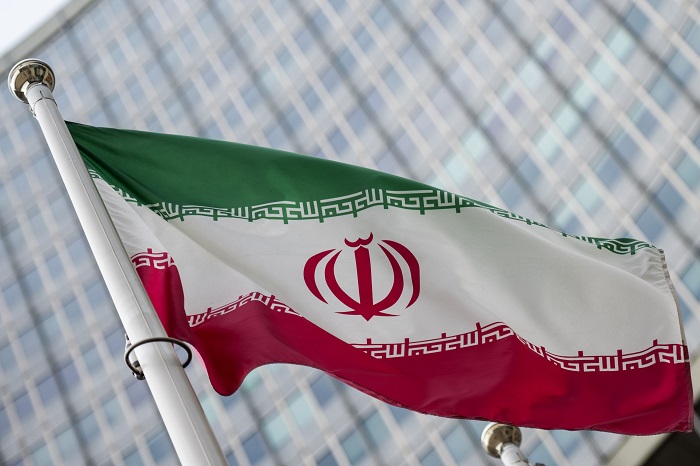Ali Mansour, the co-founder of the startup “Livebook,” believes that due to the country’s macro policies and sanctions, we lack access to many software infrastructure services, which increases the cost of development.
As reported by IDEA News, the online education market experienced significant growth during the COVID-19 pandemic. Although its market share is still relatively small, after the implementation of virtual education initiatives by the Ministry of Education, this market grew much faster than other platforms and managed to attract the attention of many audiences.
Ali Mansour, the co-founder of Livebook, emphasizes the importance of access in the technology and innovation system: It’s not just about the quality; in this field, we have very low rankings in international indicators. Access is of great importance alongside quality. It can be said that we face serious limitations in this area. Due to the country’s macro policies and sanctions, we lack access to many software infrastructure services, and this increases the cost of development.

He continued: Many companies in the technology sector offer infrastructure services such as artificial intelligence, machine learning, and new technologies. Due to this lack of access, we are deprived of their services, and this prevents us from competing seriously in the field of technology for the development of new products and services.
Parents Emphasize Education for Their Children in Iran
Mansour also highlighted the significant potential of Iran’s online education market. He stated that the education market in Iran is considered one of the good educational markets globally, particularly due to the prevailing cultural approach that gives high importance to education. In Iran, most parents prioritize their children’s education, as they aim for educational attainment to lead to social mobility.
He added: Education expenses usually hold a fixed place in household budgets and are among the last expenses to be cut even during challenging economic conditions. Furthermore, in terms of the number of students, which is approximately 15 million, the cultural approach of families in the region makes Iran’s education market quite promising.

Online education has yet to fully materialize
The co-founder of Livebook believes that calculating the size of the online education market in such conditions is not very meaningful since our online market is essentially an extension of the traditional market. According to him, the companies currently active in this field and conducting online classes and seminars have a negligible market share, less than one percent.
He continued: The only benefit that COVID-19 brought was the acceptance of technology in education, which was a significant development. As a result, online education tools have gained wider acceptance compared to the past. However, in reality, fully realizing online education has not yet occurred.
He also added: Iran’s online education market is in the initial phase of adopting electronic education tools, but for now, the same traditional processes are being replicated through virtual tools and presented to the audience. For example, the same preparatory courses and exam preparation centers that existed in the past now use the same teaching methods, just transformed into an online platform.
Traditional education in an online format
Mansour emphasized the need for changes in the education process: In my opinion, the conditions of the online education market are incomparable with what is happening internationally outside Iran. This is because we are still primarily focused on the online education market, which is even mislabeled. We should be seeking educational technology. Currently, we are aiming to merely publish traditional education materials online and market them, while the world is focusing on how to enhance the teaching process.
He also pointed out the importance of a proper educational system: Since our education system is results-oriented, the services and products produced are entirely focused on the students. However, we see in international exhibitions that the emphasis is on teachers and curriculum development, essentially educational support, assisting teachers and improving the teaching process. We have a long way to go to catch up with the world’s educational standards, and until the players in the education market understand this and policies change, we cannot have meaningful competition with the educational innovations happening worldwide.
Education is also influenced by macro policies
Ali Mansour concluded: Players in the education market need to think about how they can change the educational process instead of just trying to sell products to students. In fact, education is also influenced by macro policies; what we are currently witnessing is poor quality policymaking across all sectors. Personally, I see the future of this market reliant on the country’s political future. If the quality of policymaking and economic stability improve, innovation will also improve significantly. Iran’s education market has great depth and potential, but it has been restricted by incorrect policies and growth opportunities are currently limited.




No Comment! Be the first one.